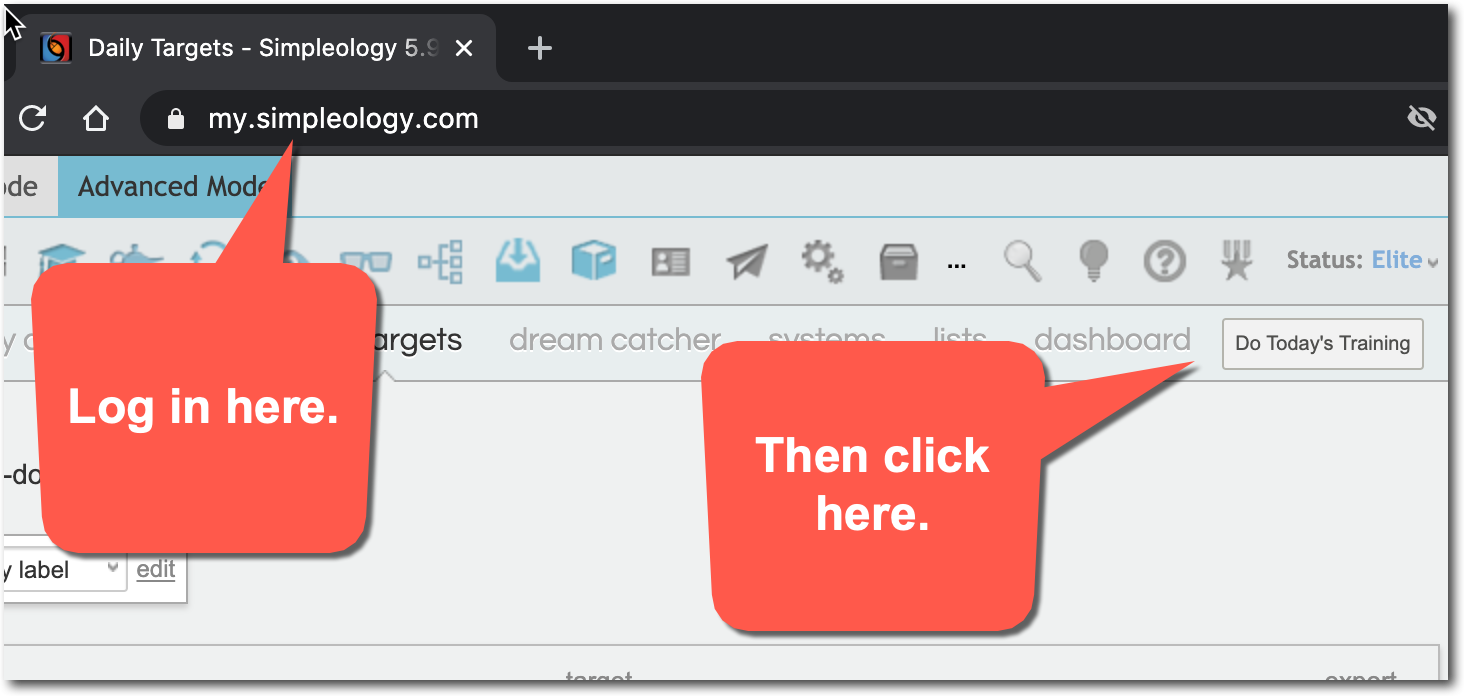“Fake It Till You Make It” – And Other Potentially Catastrophic Advice
I must admit …
There are times when “fake it till you make it” is, actually, sound advice.
If your current roadblock is a lack of self-confidence, sometimes “faking it” will remove the stench of desperation that kills so many opportunities.
Think of it … if you’re interviewing potential candidates for a position and you are forced to choose (all other things being equal) between someone who exudes confidence they can get the job done and another candidate who reeks of ineptitude, who will you choose?
Further, “acting as if” has a measurable impact on how we conduct ourselves.
As William James, the father of modern Psychology, observed …
“Thus the sovereign voluntary path to cheerfulness, if our spontaneous cheerfulness be lost, is to sit up cheerfully, to look round cheerfully, and to act and speak as if cheerfulness were already there. If such conduct does not make you soon feel cheerful, nothing else on that occasion can. So to feel brave, act as if we were brave, use all our will to that end, and a courage-fit will very likely replace the fit of fear”
It was later discovered that this psychosomatic connection is bidirectional.
If you “act as if” you are happy with your physical movements, you will in fact feel happy.
Conversely, if you feel happy, the health of your cells will improve.
So, what’s wrong with “fake it till you make it?”
Well, as with all things, it’s contextually dependent. And it depends on how we interpret the words.
For example, some people take these words to mean “fake expertise in a given field in order to gain clients.”
There’s another word for this: fraud.
When someone reads a book about digital marketing, chucks up a web page touting their expertise and starts charging for services, this kind of fakery is rather clear cut. (And the field of marketing experts is rife with such charlatans. Some of them even become quite skilled at keeping up the charade, so the charade itself becomes their trade.)
But when this kind of fakery is institutionalized, it is much more difficult to spot.
For example, I recently witnessed a facebook discussion where someone touted their “20 years of experience” in a particular professional field as the sole basis of their counterargument. No evidence. No data. Just an appeal to the authority of their expertise.
My immediate mental reaction was … “well, then in all that time you’ve demonstrated mastery of only one thing: logical fallacies.”
But the average person would simply submit to the appeal to authority. “Well, you’re the expert. You must be right. I’ll just shut up and ignore my own thoughts on the matter.”
See, while “fake it till you make it” is a great tool for mental programming, it doesn’t change the fundamental reality of what you can and cannot do.
At least not instantly.
Becoming truly great is a constant dance between how you manage your internal self-doubt and how you face your external inadequacies.
Fail to face your external inadequacies long enough and it will very likely destroy you.
You face these external inadequacies by doing real work. Through practice.
It is through the actual doing of things that we improve. Not by reading. Not by imagining. By doing.
If you are not involved in some form of daily practices designed to improve yourself, and if you do not have the ego strength to admit what you can and cannot do … and what you do and do not know … attempts to “fake it till you make it” to overcome your internal self-doubt will inevitably by overwhelmed by the reality of your actual ability (or lack thereof).
This is why in Simpleology we provide a number of tools inside “Start My Day” to address both this internal (for example, the “Observe and Change” and “Ben Franklin Habits” modules, etc.) and external (for example the “Business Growth” and “Financial Growth” modules, etc.) game of life.
If you had your Simpleology Black Belt, you’d know this, of course …
But statistically speaking, chances are … you don’t.
So, what are you going to do about that?

“The best time to plant a tree was 20 years ago. The 2nd best time is now.” – Ancient Chinese Proverb



